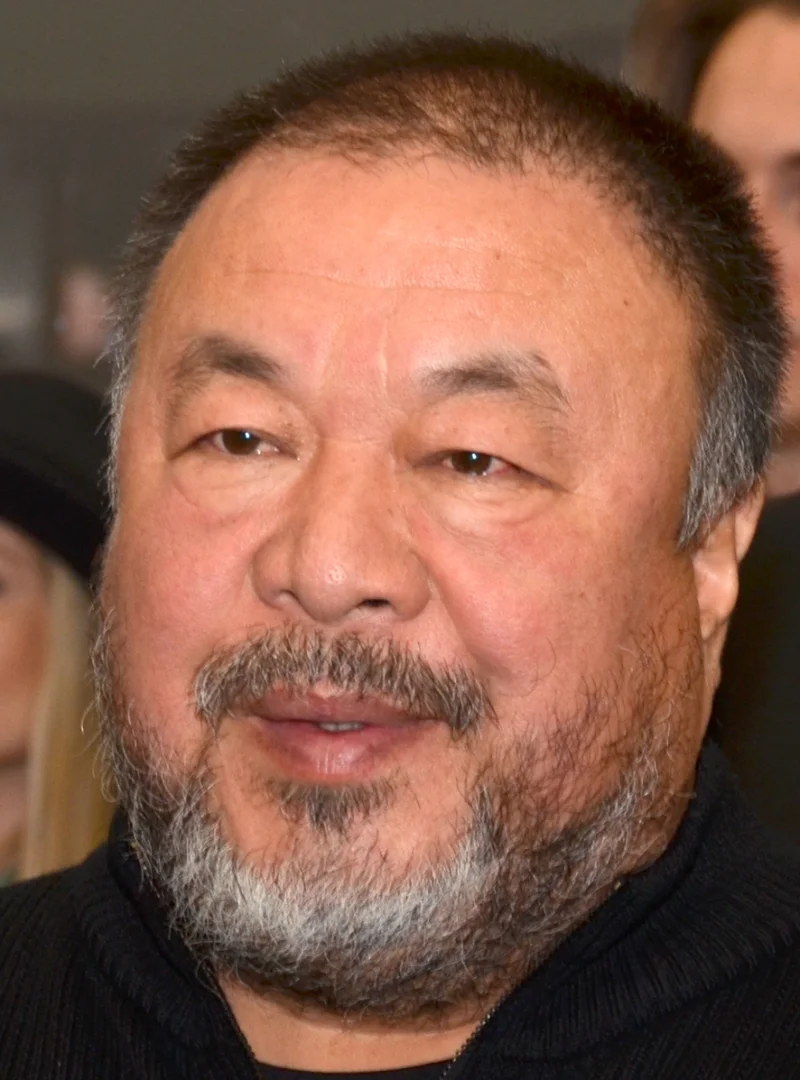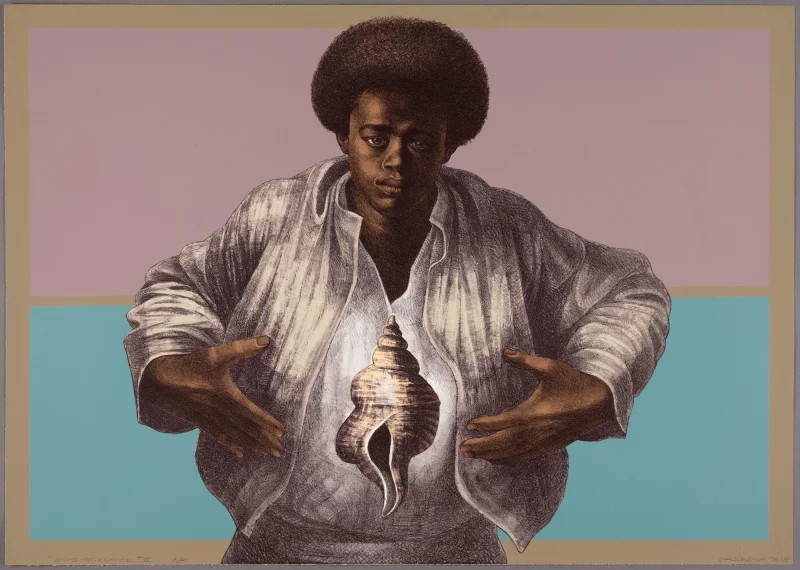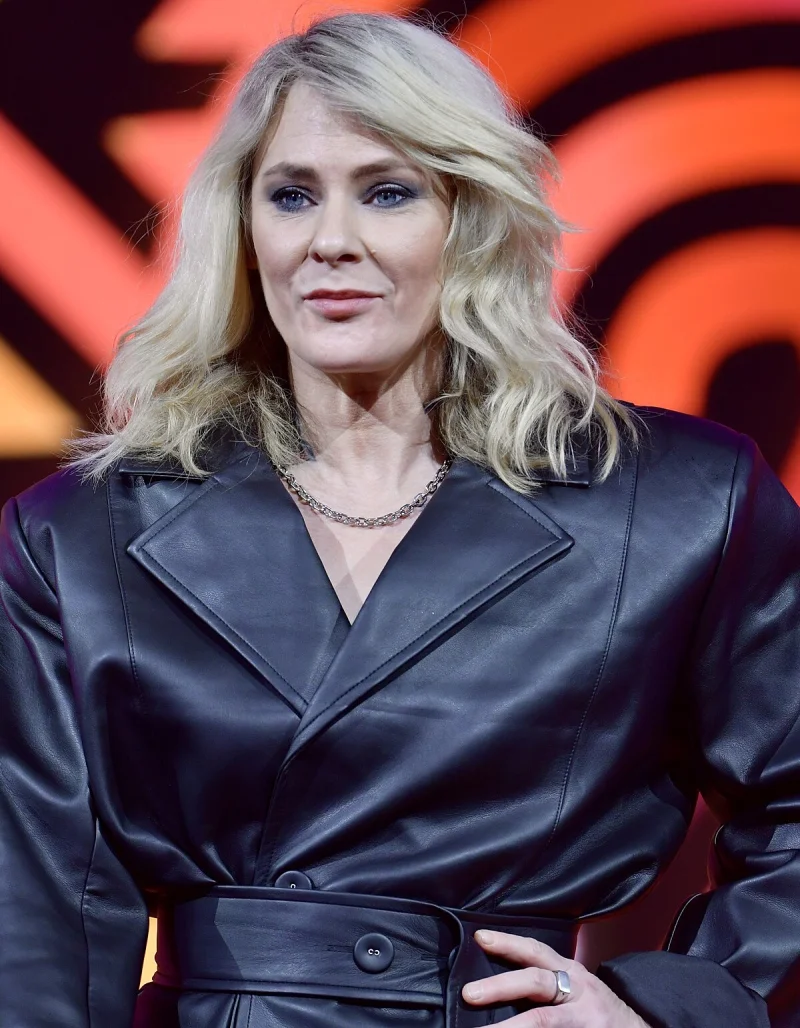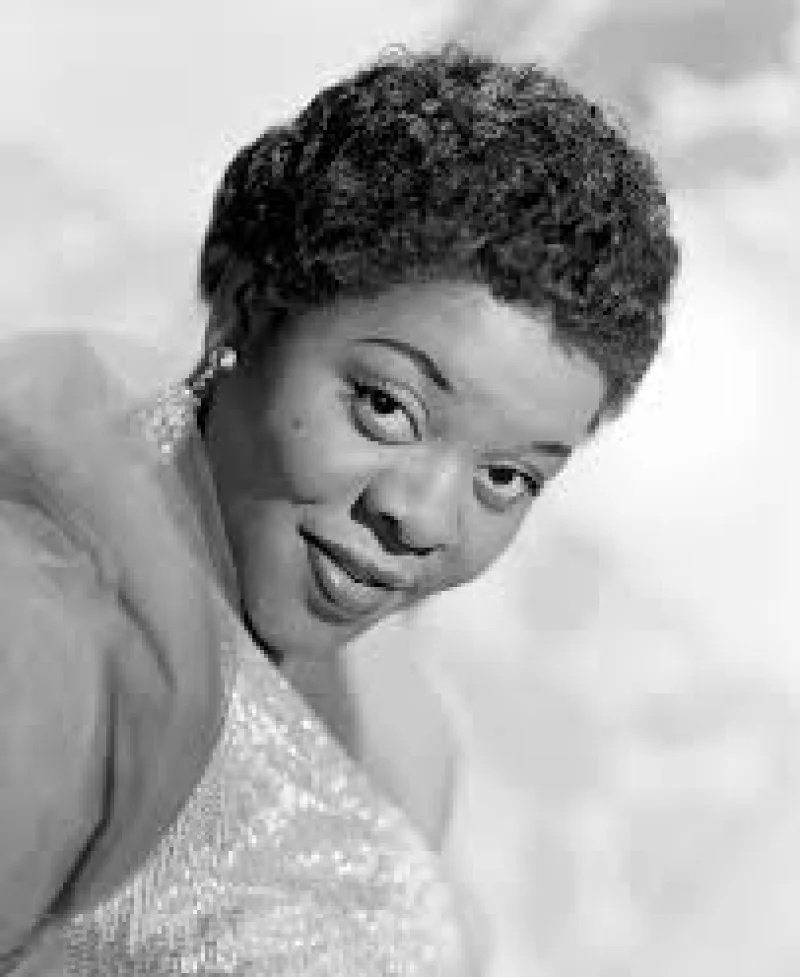Short Summary
Ai Weiwei is a renowned Chinese contemporary artist and activist known for his provocative and thought-provoking works that challenge political and cultural norms. His art often addresses issues such as human rights, freedom of expression, and government oppression. He gained international fame for his involvement in designing the Beijing National Stadium, commonly known as the "Bird's Nest," for the 2008 Olympics. His outspoken criticism of the Chinese government has led to significant personal and professional challenges, further cementing his status as a leading voice in contemporary art and activism.
Early Life & Education
Born on August 28, 1957, in Beijing, China, Ai Weiwei was the son of Ai Qing, a famous Chinese poet. His early life was marked by adversity, as his family was exiled to a labor camp in Xinjiang during the Anti-Rightist Movement. The hardships of this period deeply influenced his worldview and future work. In 1978, Ai enrolled at the Beijing Film Academy, where he studied animation. He later moved to the United States in 1981, studying at the Parsons School of Design in New York. During this time, he was exposed to Western art and culture, which significantly impacted his artistic development.
Career Highlights
Upon returning to China in 1993, Ai began to establish himself as a leading figure in the contemporary art scene. One of his most notable projects was his collaboration in designing the Beijing National Stadium for the 2008 Olympics, which brought him international recognition. However, his relationship with the Chinese government soured due to his outspoken criticism of its policies. In 2011, he was detained for 81 days without charge, a move widely seen as retaliation for his activism. Following his release, he continued to create impactful works, such as the installation "Sunflower Seeds" at the Tate Modern in London, which explored themes of mass production and individuality.
Major Achievements
- Designed the Beijing National Stadium, known as the "Bird's Nest," for the 2008 Olympics, showcasing innovative architecture.
- Created the installation "Sunflower Seeds" at the Tate Modern in London, featuring millions of hand-painted porcelain seeds.
- Released the documentary "Human Flow," highlighting the global refugee crisis, which was praised for its powerful storytelling.
- Received the Václav Havel Prize for Creative Dissent in 2012, recognizing his contributions to free expression.
- Exhibited "Remembering" in Munich, which commemorated the victims of the 2008 Sichuan earthquake.
Famous Quotes
- "To express yourself needs a reason, but expressing yourself is the reason."
- "Creativity is the power to act."
- "A nation that has no music and no fairytales is a tragedy."
Interesting Facts
- Ai Weiwei lived in New York City for over a decade, where he was influenced by the works of Marcel Duchamp and Andy Warhol.
- He is an avid user of social media, which he employs to criticize government policies and engage with a global audience.
- His arrest in 2011 sparked international protests and a petition calling for his release, signed by prominent figures worldwide.
- He has also ventured into music, releasing a heavy metal album titled "The Divine Comedy" in 2013.
- Ai's studio in Shanghai was demolished by the government, allegedly due to his political activism.
Legacy / Influence
Ai Weiwei's legacy is marked by his fearless commitment to challenging authority and advocating for human rights through art. His work has inspired a new generation of artists and activists to use creative expression as a tool for social change. His influence extends beyond the art world, as he has become a symbol of resistance against censorship and oppression, encouraging dialogue on global human rights issues.
FAQ
Q: Why is Ai Weiwei famous?
A: Ai Weiwei is famous for his contemporary art and activism that challenge political and cultural norms, as well as his outspoken criticism of the Chinese government.
Q: What is one of Ai Weiwei's most famous works?
A: One of his most famous works is the Beijing National Stadium, known as the "Bird's Nest," which he helped design for the 2008 Olympics.
Q: How has Ai Weiwei contributed to human rights advocacy?
A: Through his art and public statements, Ai has highlighted issues such as government censorship, freedom of expression, and the global refugee crisis.
Q: What are some challenges Ai Weiwei has faced due to his activism?
A: Ai Weiwei has faced detention, surveillance, and the demolition of his studio as retaliation for his criticism of the Chinese government.












